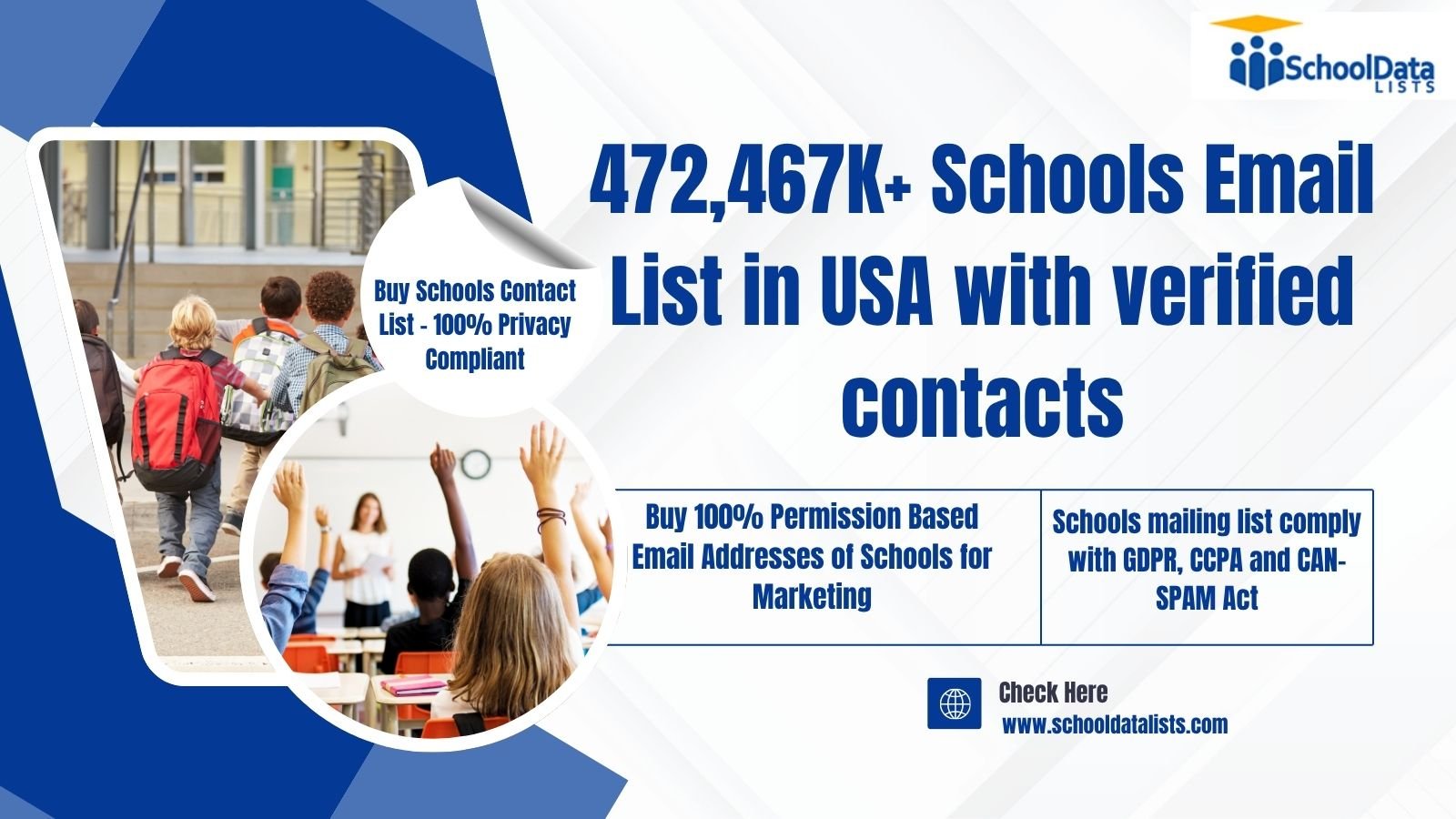In today’s highly competitive real estate market, standing out online has become more critical than ever before. A Real Estate SEO Company plays a pivotal role in helping agents, brokers, and property firms enhance their digital visibility, attract qualified leads, and convert prospects into buyers or renters. However, the digital marketing landscape is continuously evolving, especially in SEO, where search engine algorithms, user behavior, and technology trends keep shifting the playing field. For real estate professionals who want to stay ahead, understanding the emerging trends in real estate SEO companies is no longer optional—it’s a necessity.
This article explores the latest and most impactful trends in the real estate SEO sector that companies and agents must embrace to maintain a competitive edge in their online marketing efforts.
1. The Rise of Hyperlocal SEO Strategies
One of the most significant shifts in real estate SEO is the increasing emphasis on hyperlocal SEO. Unlike traditional SEO, which targets broader geographic areas, hyperlocal SEO focuses on very specific neighborhoods, communities, or even streets. This granular approach is especially valuable in real estate, where location is everything.
Real estate SEO companies are now optimizing content and website structures to capture local intent by incorporating geo-specific keywords, creating dedicated neighborhood pages, and leveraging Google My Business (GMB) profiles tailored to local searches. For example, instead of optimizing for “homes for sale in New York,” they optimize for “2-bedroom condos in Williamsburg, Brooklyn.” This strategy significantly improves visibility in local search results, drives more qualified traffic, and enhances engagement rates.
2. Voice Search Optimization
With the widespread adoption of smart speakers and voice assistants like Alexa, Google Assistant, and Siri, voice search is changing how people look for real estate information online. Real estate SEO companies are increasingly adapting their strategies to optimize for voice queries, which tend to be longer and more conversational than typed searches.
This means focusing on natural language keywords, question-based content (such as “What are the best neighborhoods for families in Austin?”), and featured snippets that answer common real estate questions succinctly. The incorporation of voice search optimization helps real estate professionals capture this growing segment of search traffic and provides an edge over competitors who have yet to adapt.
3. Video SEO Becoming Essential
Video content has exploded in popularity, and real estate is no exception. Virtual tours, property walkthroughs, neighborhood guides, and client testimonials are now staple content formats. Real estate SEO companies are recognizing the importance of Video SEO to ensure these videos rank well on platforms like YouTube and Google search results.
Optimizing videos with keyword-rich titles, detailed descriptions, transcripts, and engaging thumbnails improves their discoverability. Additionally, embedding videos on real estate websites boosts dwell time—a critical SEO ranking factor. As internet users increasingly prefer video content, integrating video SEO strategies is becoming indispensable for real estate marketers.
4. Mobile-First SEO and Accelerated Mobile Pages (AMP)
Mobile usage dominates online real estate searches. Potential buyers often browse listings and conduct research on their smartphones or tablets. Consequently, a mobile-first SEO approach is vital. Search engines like Google prioritize mobile-friendly websites when ranking pages, and slow or poorly designed mobile sites lose valuable traffic.
Real estate SEO companies are now heavily investing in optimizing website speed, responsiveness, and usability for mobile devices. One popular technique gaining traction is the implementation of Accelerated Mobile Pages (AMP), which drastically reduce load times on mobile devices. Fast, accessible, and user-friendly mobile experiences improve engagement and search rankings, ultimately leading to higher conversions.
5. Enhanced Use of Artificial Intelligence (AI) and Machine Learning
Artificial Intelligence is transforming how SEO is performed and managed. Real estate SEO companies are leveraging AI-powered tools for data analysis, content optimization, and predictive search trends. AI algorithms can process vast amounts of search data to uncover patterns and help marketers craft highly targeted content strategies.
Machine learning also allows for better personalization of user experiences on real estate websites by recommending properties based on user behavior and preferences. Additionally, AI-powered chatbots provide instant customer support and capture leads, increasing overall engagement and satisfaction.
6. Content Marketing Focused on Buyer Personas
Gone are the days when keyword stuffing and generic content sufficed for SEO success. The modern approach centers on creating high-quality, targeted content that speaks directly to specific buyer personas. Real estate SEO companies are investing more effort into understanding their audience’s demographics, preferences, pain points, and search behaviors to deliver relevant and valuable content.
Whether it’s first-time homebuyers, investors, downsizers, or renters, content strategies now include blog posts, guides, videos, and infographics tailored to each group. This persona-driven content improves organic rankings and nurtures leads through the buyer’s journey, establishing trust and authority.
7. Integration of Local Reviews and Reputation Management
Online reviews have become a crucial factor influencing consumer decisions, and search engines reward businesses with positive reputations. Real estate SEO companies are increasingly incorporating reputation management into their strategies by encouraging satisfied clients to leave reviews on Google, Zillow, Yelp, and social media platforms.
These reviews not only enhance credibility but also boost local SEO rankings. By managing and responding to reviews professionally, real estate businesses can foster community trust and differentiate themselves from competitors.
8. Advanced Link Building with Niche Authority Sites
Link building remains a core SEO tactic, but the quality and relevance of backlinks matter more than ever. Real estate SEO companies are moving away from generic link acquisition to focus on building relationships with niche authority sites within the real estate and local community space.
These might include local business directories, real estate blogs, neighborhood associations, and news sites. High-quality backlinks from trusted sources signal search engines that the real estate website is authoritative, improving rankings and referral traffic.
9. Enhanced User Experience (UX) and Core Web Vitals
Google’s emphasis on Core Web Vitals—metrics that measure page loading speed, interactivity, and visual stability—means user experience is now a direct ranking factor. Real estate SEO companies are paying close attention to these elements to ensure websites provide smooth, fast, and visually stable browsing experiences.
Better UX reduces bounce rates and increases the time visitors spend on a site, both of which are positive signals to search engines. Features like easy navigation, intuitive search filters, high-quality images, and clear calls to action contribute significantly to enhanced user experience.
10. Use of Schema Markup for Rich Snippets
To help search engines better understand website content, real estate SEO companies are increasingly implementing schema markup—a type of structured data. This helps listings show up with rich snippets in search results, including price, availability, ratings, and other essential details that capture attention and improve click-through rates.
Rich snippets make real estate listings more appealing and informative in search engine results pages (SERPs), which can significantly boost organic traffic.
11. Emphasis on Data Privacy and Compliance
With growing concerns around data privacy and regulations such as GDPR and CCPA, real estate SEO companies are ensuring their digital marketing practices comply with legal standards. Transparent data collection and management practices build trust with site visitors and avoid penalties from search engines or regulatory bodies.
Privacy-compliant marketing also includes clear cookie policies, user consent prompts, and secure website protocols (HTTPS), all of which contribute to positive SEO outcomes.
12. Cross-Platform Marketing and SEO Synergy
SEO no longer operates in isolation. Real estate SEO companies are creating integrated marketing strategies that combine SEO with social media, paid advertising, email marketing, and content marketing to amplify results. This cross-channel synergy ensures consistent brand messaging, broadens reach, and drives higher quality traffic.
For example, promoting SEO-optimized blog posts through social media and email newsletters can increase backlinks, shares, and engagement—all factors that contribute to improved SEO rankings.
13. Use of Analytics and Reporting for Continuous Improvement
Real estate SEO companies are leveraging sophisticated analytics and reporting tools to track website performance, user behavior, and campaign effectiveness. This data-driven approach allows for ongoing optimization of SEO strategies by identifying what works, spotting issues early, and adapting to changing trends.
SEO is not a set-it-and-forget-it endeavor; continuous monitoring and adjustment are vital for sustained success in the competitive real estate market.
Conclusion
The real estate industry is evolving rapidly, and so is the digital landscape where buyers and sellers connect. A Real Estate SEO Company must keep pace with emerging trends such as hyperlocal SEO, voice search, video optimization, mobile-first strategies, AI integration, and more to remain competitive.
By embracing these innovations, real estate professionals can significantly improve their online presence, attract more qualified leads, and close more deals. Ignoring these trends is no longer an option—adapting is essential to thrive in today’s digital-first marketplace.
If you’re involved in real estate marketing, staying informed and partnering with forward-thinking SEO experts can be the difference between dominating your local market or falling behind your competitors.













Leave a Reply